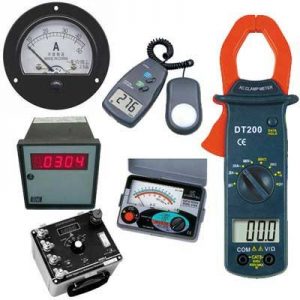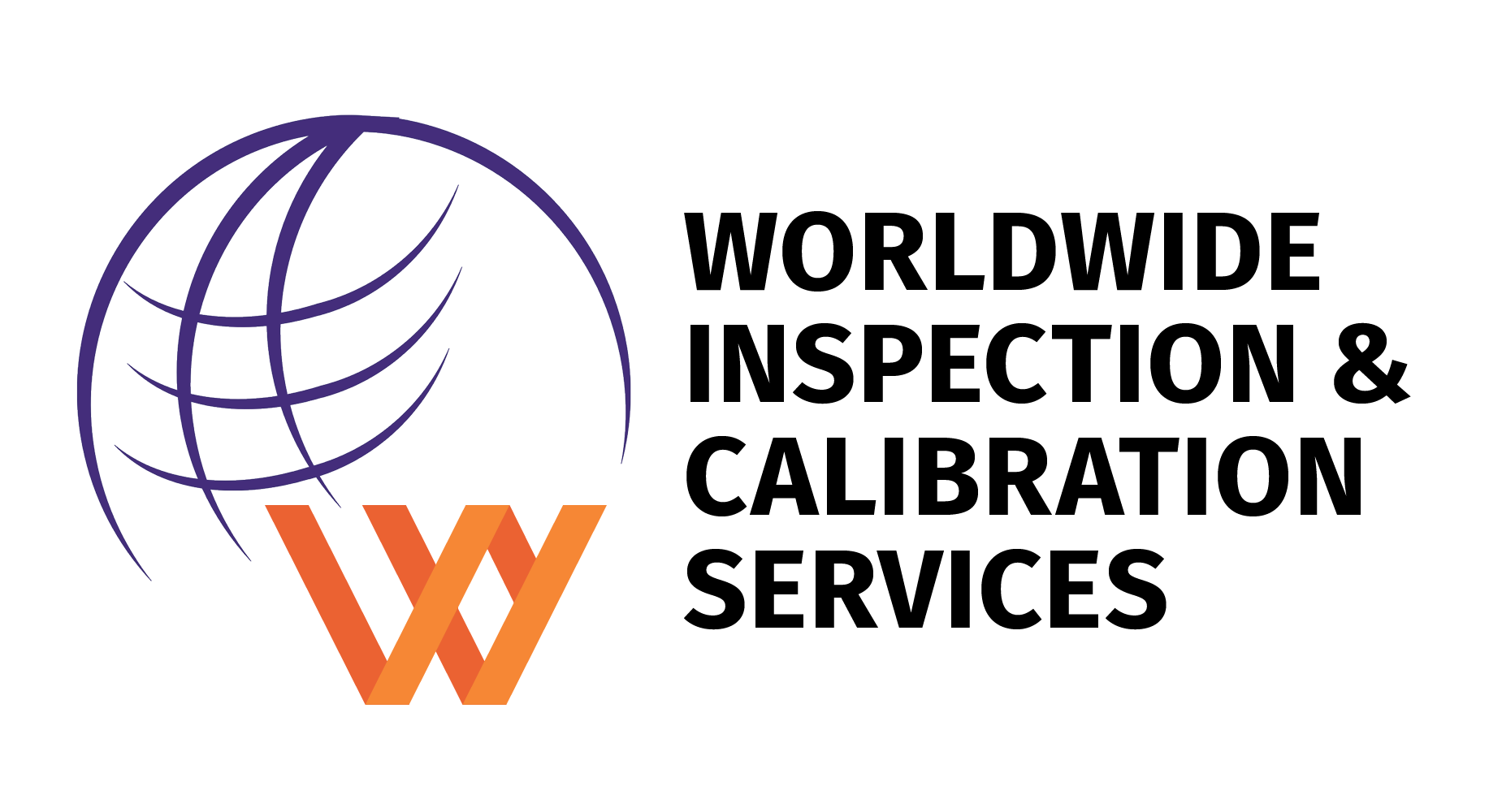What is calibration?
 Calibration is checking the accuracy of a measurement instrument by contrasting it with reference norms. The effect of equipment calibration is higher accuracy. Electronic calibration is one of three primary kinds of calibration methods utilized today. Different sorts of current calibration method include mechanical and thermal calibration. Electronic calibration manages the calibration of electric and electronic instruments.
Calibration is checking the accuracy of a measurement instrument by contrasting it with reference norms. The effect of equipment calibration is higher accuracy. Electronic calibration is one of three primary kinds of calibration methods utilized today. Different sorts of current calibration method include mechanical and thermal calibration. Electronic calibration manages the calibration of electric and electronic instruments.
Calibration is an examination between a known measurement (the standard) and the measurement using your instrument. Normally, the accuracy of the standard should be ten times the accuracy of the measuring device being tried or tested. However, accuracy proportion of 3:1 is adequate by most standards organizations / associations.
 Calibration of your measuring instruments has two targets. It checks the accuracy of the instrument and it decides the traceability of the measurement. By and by, calibration additionally incorporates repair of the device if it is out of calibration. A report is given by the calibration master, which shows the mistake in measurements with the measuring device when the calibration.
Calibration of your measuring instruments has two targets. It checks the accuracy of the instrument and it decides the traceability of the measurement. By and by, calibration additionally incorporates repair of the device if it is out of calibration. A report is given by the calibration master, which shows the mistake in measurements with the measuring device when the calibration.
Instrument calibration is the way toward contrasting the measurements made by the instrument to be calibrated against a known measurement of either norms or an instrument known to make measurements that exceed the acceptable limits of accuracy and exactness.
The frequency of calibration is additionally to a great extent subject to the instrument’s effect on quality and its propensity to float from genuine measurement. In view of this data, a general calibration regimen can be made for each instrument.
WHY CALIBRATION NEEDED?
Calibrating an instrument includes contrasting the measurements of two instruments; one with a known size or correctness (standard device), against which you measure the unit under test.
Calibration is required for:
- Testing another instrument
- Testing an instrument after it has been repaired or adjusted
- Occasional testing of instruments
- Testing after the particular utilization has passed
- Preceding and additionally after a critical measurement
- At the point when perceptions are not exact or instrument markers don’t coordinate the yield of a surrogate instrument
- After occasions, for example,
- An instrument has had a stun, vibration, or presentation to antagonistic conditions, which can put it out of calibration or harm it.
- Sudden climate changes.
Safety Procedure:
- In case of instruments including transitory products, for example, nourishment or thermometers with territory of touchy nature, not calibrated instruments may cause potential safety risks.
- Wastage: If the instrument isn’t superbly calibrated, it may prompt potential wastage of resources and time devoured in the operations, bringing about a general increment in costs.
- Faulty or Questionable Quality: If the instrument is improperly calibrated, the odds of flawed or faulty nature of completed products emerges. Calibration keeps up the quality underway at various stages, which gets bargained if any error emerges.
- Fines or suits: Customers who have brought about harm may restore the item against a full discount, which is still okay; however in the event that they go for case because of harms, you could be up for genuine expenses as far as notoriety and compensation installments.
- Increased downtime: Poor nature of completed products is the primary marker of decay in your equipment. General calibration programs recognize warning signs early, enabling you to make a move before any further harm is caused.
The calibration of instruments is the most essential support requirement, which is a built up technique that each business utilizing machinery or instruments must conduct periodically as specified in their machinery or instruments requirement.
World Wide Inspection & Calibration Services Est, offering high quality services mainly in three scopes – Pressure Gauge Calibration, Temperature Gauge Calibration,and Electrical Measuring Instruments Calibration. Supply and services for instruments such asLinear Instruments, Thermal Instruments, Pneumatic Instruments, Electrical Instruments and more.

1 Comment
[…] the consistent interim’s as determined by the producer. There are distinctive strategies or methods of calibration, which are connected relying upon whether it is standard calibration or on the off chance that it […]
Write a Comment